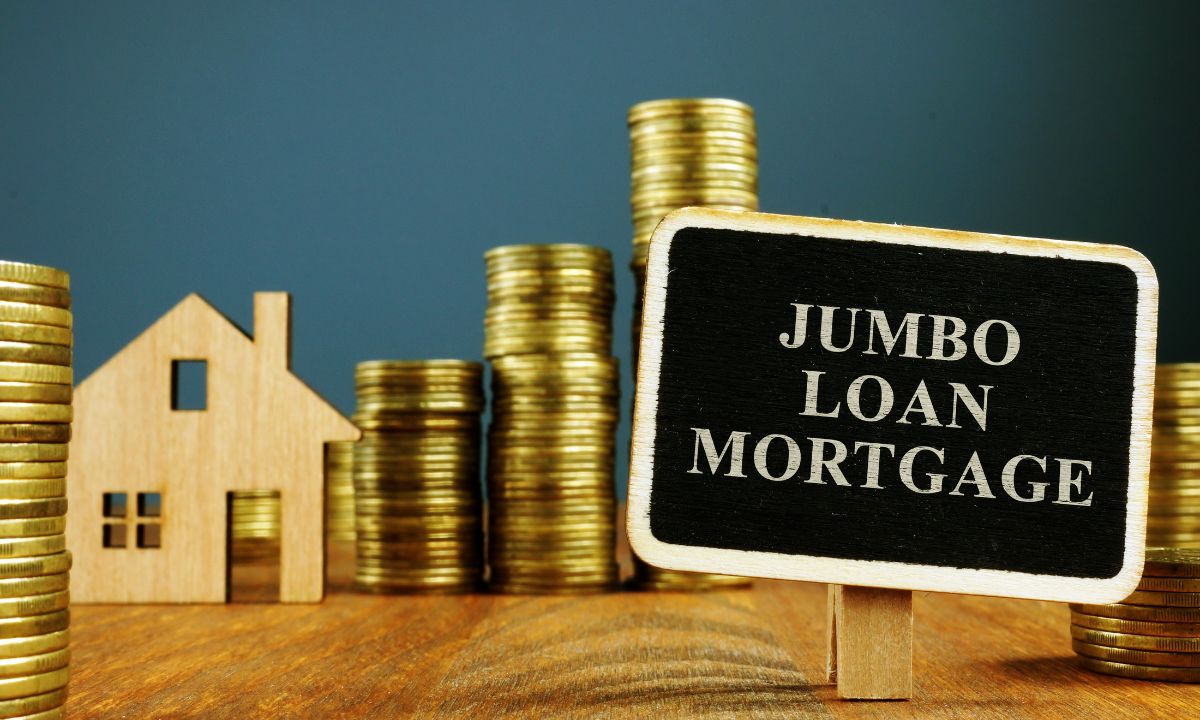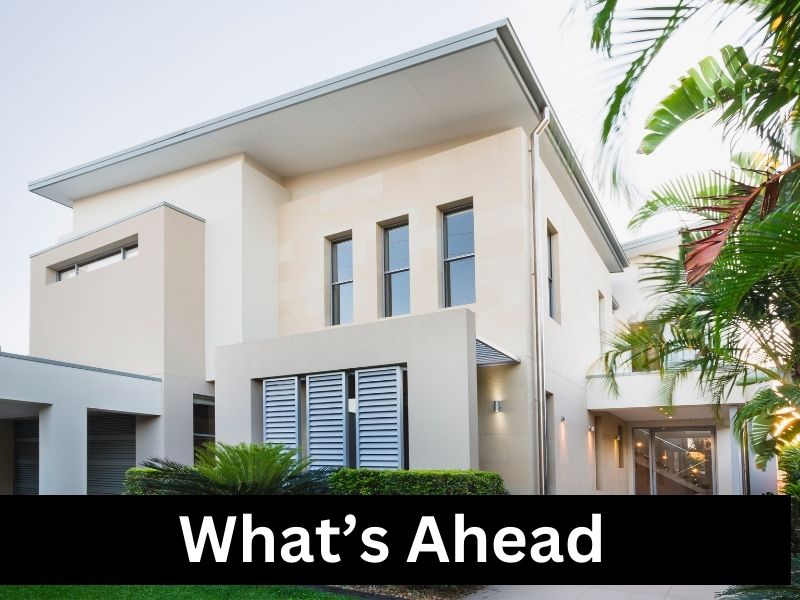 In the realm of real estate, dreams often come in various sizes. For those with aspirations of owning a luxurious home that goes beyond the conventional price range, understanding the particulars of financing becomes vital. Enter the world of Jumbo Loans, a specialized form of mortgage designed for high-value homes. We will review the key aspects of Jumbo Loans and provide valuable insights for consumers looking to step into the realm of high-value real estate.
In the realm of real estate, dreams often come in various sizes. For those with aspirations of owning a luxurious home that goes beyond the conventional price range, understanding the particulars of financing becomes vital. Enter the world of Jumbo Loans, a specialized form of mortgage designed for high-value homes. We will review the key aspects of Jumbo Loans and provide valuable insights for consumers looking to step into the realm of high-value real estate.
What is a Jumbo Loan?
A Jumbo Loan is a mortgage that exceeds the conforming loan limits set by government-sponsored enterprises (GSEs) like Fannie Mae and Freddie Mac. Any home loan amount surpassing their limit falls into the category of a jumbo mortgage.
Key Features of Jumbo Loans
Higher Loan Amounts: Jumbo Loans are tailored for high-value properties, and as such, they provide financing for amounts well beyond the limits of conventional mortgages. This flexibility allows buyers to pursue their dream homes, even if they come with a hefty price tag.
Strict Qualification Criteria: Due to the increased risk associated with large loan amounts, lenders often impose stricter qualification criteria for Jumbo Loans. This may include a higher credit score, a lower debt-to-income ratio, and a more substantial down payment. Potential buyers need to be financially prepared and work towards meeting these criteria.
Interest Rates and Terms: Jumbo Loans typically come with slightly higher interest rates compared to conventional mortgages. The terms may also vary, and buyers can choose from fixed-rate or adjustable-rate options. It’s crucial to carefully evaluate these aspects and choose a loan structure that aligns with one’s financial goals.
Documentation Requirements: Lenders scrutinize financial documentation more thoroughly for Jumbo Loans. Buyers should be prepared to provide comprehensive proof of income, assets, and a detailed financial history. This meticulous review ensures that both parties are making informed decisions.
Down Payments: While conventional mortgages may allow for lower down payments, Jumbo Loans often require a more substantial upfront investment. A down payment of 20% or more is common, and some lenders may even request higher percentages. Adequate preparation and financial planning are crucial when considering a high-value property purchase.
Benefits of Jumbo Loans
Access to Luxury Real Estate: The primary advantage of Jumbo Loans is the ability to access and purchase high-value properties that may be out of reach with conventional mortgages. This opens the door to luxurious living spaces and exclusive neighborhoods.
Customized Financing: Jumbo Loans offer flexibility in terms of loan structure, allowing buyers to tailor their financing to better suit their financial preferences and long-term plans.
Jumbo Loans provide a gateway to the world of high-value real estate, but they come with their own set of considerations. Aspiring homeowners must navigate the landscape of stricter qualifications, higher down payments, and nuanced terms to secure the keys to their dream homes. Engaging with a knowledgeable mortgage professional is crucial to understanding the intricacies of Jumbo Loans and making informed decisions that align with one’s financial goals.
 The following week of CPI and PPI reports are typically lighter, with this week showing the same trend. There are a number of interesting interim reports that are worth noting however, including the Federal Reserve’s Beige Book which indicates the labor market has been cooling across most of the country. Following up is the Consumer Sentiment Reports, which is an excellent indicator for how the average consumer feels about their buying power, reflecting on the current economic conditions. Slower inflation, cheaper gas and a healthy economy have boosted optimism. Lastly, retail sales reports showing activity in December.
The following week of CPI and PPI reports are typically lighter, with this week showing the same trend. There are a number of interesting interim reports that are worth noting however, including the Federal Reserve’s Beige Book which indicates the labor market has been cooling across most of the country. Following up is the Consumer Sentiment Reports, which is an excellent indicator for how the average consumer feels about their buying power, reflecting on the current economic conditions. Slower inflation, cheaper gas and a healthy economy have boosted optimism. Lastly, retail sales reports showing activity in December. Embarking on the journey of homeownership is an exciting and significant step in one’s life. One crucial aspect of this process is the down payment, which can greatly influence the terms of your mortgage. In this blog, we will delve into various down payment options and examine how they can impact your mortgage terms.
Embarking on the journey of homeownership is an exciting and significant step in one’s life. One crucial aspect of this process is the down payment, which can greatly influence the terms of your mortgage. In this blog, we will delve into various down payment options and examine how they can impact your mortgage terms.